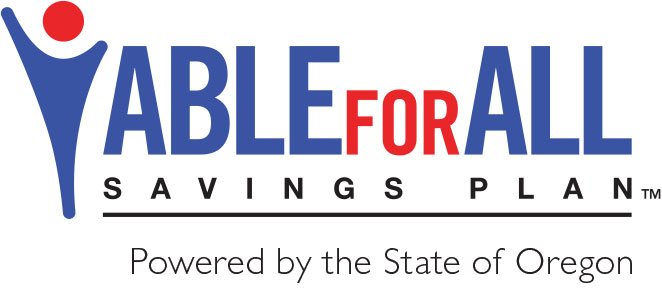What qualifies as an eligible expense?
There’s a wide range of eligible expenses that cover most costs associated with living with a disability. Some of these include: living expenses, education, housing, transportation, employment, vacation, job training, career support, assistive technology, personal support services, health, prevention, wellness, financial management, administrative services, legal fees, funeral costs, burial expenses and more. As long as the expense helps maintain or improve the health, independence, or quality of life of the person living with a disability, it can qualify as an eligible expense.
Categories: Qualified Expenses

